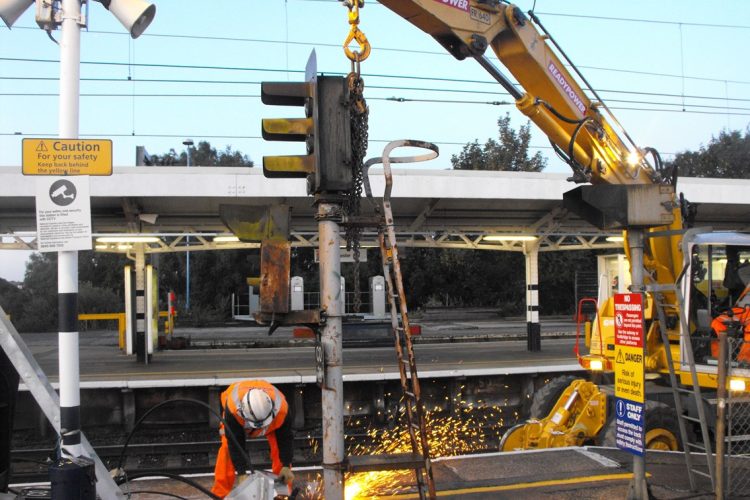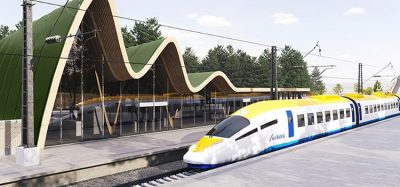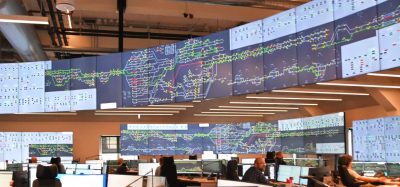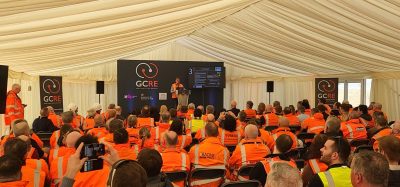Network Rail’s £4bn train control systems framework to revolutionise signalling across Britain
Posted: 10 April 2024 | Emily Budgen | No comments yet
Network Rail have a new £4bn 10 year development plan which will revolutionise rail signalling across the country.


From Carlisle to Brighton, Network Rail’s £4bn, 10-year signalling plan will change the face of Britain’s railway, with modern equipment bringing greater reliability across the country through a mixture of traditional signalling and digital control.
Six companies have been awarded contracts for the provision of conventional and digital signalling services under its Train Control Systems Framework. The framework runs from 2024 until 2034 and is worth £4bn (£3bn = digital signalling and £1bn = conventional signalling).
The contracts have been awarded over two lots:
Lot 1: Conventional signalling
Lot 2 – Digital signalling (using European Train Control System technology)
- Alstom
- AtkinsRealis and CAF
- Siemens
- Thales and VolkerRail
The Train Control Systems framework replaces the previous major signalling frameworks and has been designed to bring new ways of working between Network Rail and its signalling delivery partners.
Clive Berrington, Network Rail’s Group Commercial & Procurement director said: “Our new train control systems framework brings a positive change in approach to how we work with suppliers for the provision of signalling services. We will all be working much more collaboratively with each other and our relationships will feel like partnerships.
“Through the framework, we have grown the size of the UK signalling market with the introduction of two new suppliers. These bring increased diversity and capability, leading to better market performance. We’ve also brought improved visibility of our workbank for our partners which will enable them to invest in skills and innovation which will benefit the rail industry.
“We have set ourselves up well to deliver improved performance for passengers and freight customers, and improved value for taxpayers.”
As well as greater collaboration between Network Rail and its partners, another change is the way partners will be selected and awarded work. The new Network Rail Allocation Group will match partners to signalling projects based on a range of factors. This approach will help to reduce peaks and troughs of workloads for the partners.
Among the initial signalling projects set to be delivered under the framework are:
- Midlands Rail Hub
- Digital signalling for the TransPennine Route Upgrade
- Digital signalling for the TriLink Programme
More Like This
CN continues to advance decarbonisation efforts with EMD® Mainline Hybrid Locomotive from Progress Rail
Network Rail Property to deliver £1.1 billion York Central regeneration
Emrill and Clemtech partner to provide innovative technical resource solutions for the UAE rail sector with Emrill Rail
Related topics
Related organisations
Alstom, AtkinsRéalis, CAF, Network Rail, Siemens, Thales, VolkerRail








